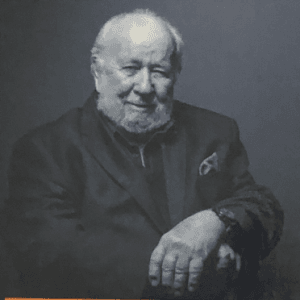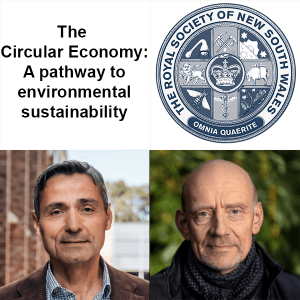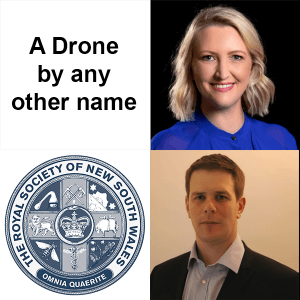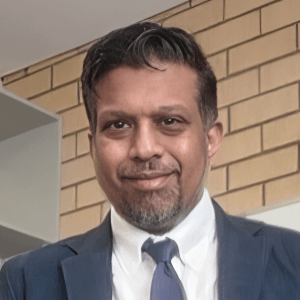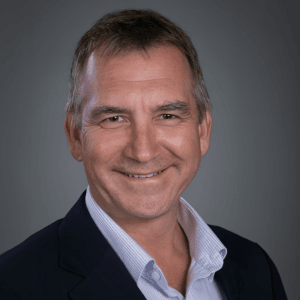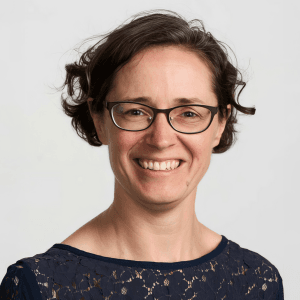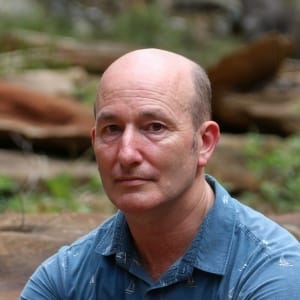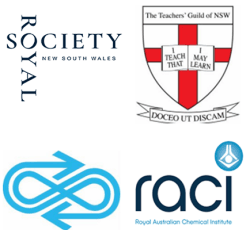| Wednesday 2nd February | Rev. W. B. Clarke – 19th Century Polymath and his Scientific Correspondence Dr Ann Moyal AM Time: 7.00 pm Dr Moyal will speak on the topic of her book that was recently launched at the State Library: The Scientific Correspondence of the Rev. W B Clarke, Australia’s Pioneer Geologist. As most members will also be aware, The Rev. W.B. Clarke was an early founding member of the Society and served as inaugural and an influential Vice President for seven years. |
| Wednesday 23rd February | Four Societies Meeting: Geothermal Energy in Australia Dr Doone Wyborn The Four Societies Meeting is a meeting of the Nuclear Engineering Panel of Engineers Australia, Australian Institute of Energy, Australian Nuclear Association and Time: 7.00 pm This year the Four Societies Meeting will be separate from our February 1132nd General Meeting above and will be hosted by Engineers Australia. Dr Doone Wyborn, Executive Director, Geodynamics has agreed to be the Guest Speaker on the topic of Geothermal Energy in Australia. Geodynamics have drilled one well in the Cooper Basin of South Australia to a depth of 4.5 km, intersecting rock in excess of 240C, and have a second well underway. They expect to start production in 2006. |
| Wednesday 11th March | The Royal Society of New South Wales Annual Dinner Time: 7.00 for 7.30 pm The Society’s Patron, His Excellency, Major General Michael Jeffery AC CVO MC (ret’d), Governor-General of the Commonwealth of Australia, presented the 2004 Awards. |
| Wednesday 6th April | A Hundred Years after Einstein’s Extraordinary Year The Annual General Meeting and the 1133rd Ordinary General Meeting The President, Ms Karina Kelly, will deliver the Presidential Address Time: 7.00 pm |
| Wednesday 4th May | Biocosmology: a New Science Dr Charley Lineweaver, Senior Fellow Planetary Science Institute, Australian National University Time: 7.00 pm (bar open from 6.00 pm) |
| Wednesday 1st June | Bactrian Camels in Antiquity Prof. Dan Potts, Edwin Cuthbert Hall Professor of Middle Eastern Archaeology, University of Sydney Time: 7.00 pm |
| Wednesday 6th July | Why did the Vertebrate Brain Become Lateralised? Professor Lesley Rogers, Professor of Neuroscience and Animal Behaviour, University of New England Time: 7.00 pm |
| Wednesday 3rd August | Tails of Dingoes: their Past and their Future Dr Alan Wilton, School of Biotechnology and Biomolecular Sciences, University of NSW Time: 7.00 pm |
| Wednesday 7th September | Clarke Memorial Lecture and 1138th Ordinary General Meeting The Ediacara and its Fauna Time: 6.00 pm |
| Wednesday 5th October | TB: A New Vaccine and Some Observations on the Influence of Genetics Professor Warwick Britton, Head, Mycobacterial Research Group, Centenary Institute of Cancer Medicine and Cell Biology, University of Sydney Time: 6.00 pm |
| Wednesday 2nd November | The Role of DNA studies in the Story of Human Evolution Dr Sheila van Holst Pellekaan, Visiting Senior Research Fellow, University of NSW Time: 6.00 pm |
Share link:


